Publications
Articles, publications, books, tools and multimedia features from the U.S. Institute of Peace provide the latest news, analysis, research findings, practitioner guides and reports, all related to the conflict zones and issues that are at the center of the Institute’s work to prevent and reduce violent conflict.
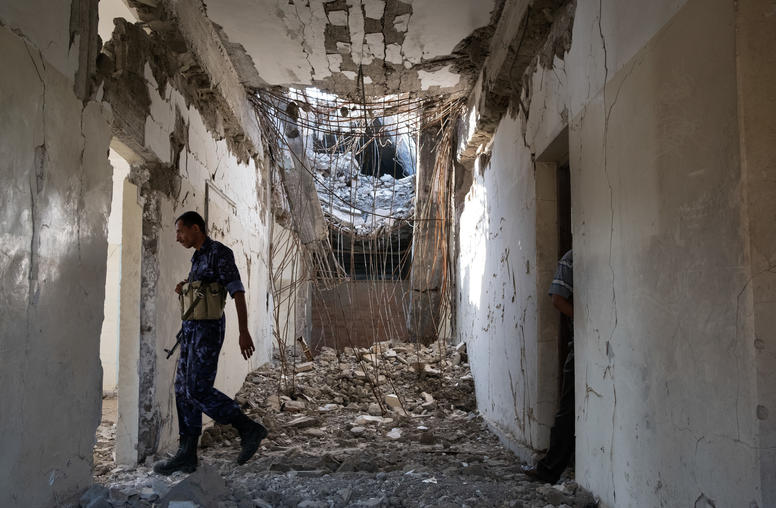
Beneath the Saudi-Iran Proxy War in Yemen, Part 1
Looking at the maneuvers by Iran and the Saudi-led coalition in Yemen from afar, the battlefield looks a lot like a black-and-white contest for regional power. But as the U.S. considers escalating its role in the conflict—and Secretary of Defense Jim Mattis visits Riyadh this week—it is essential to understand how local realities can get lost in a proxy war.
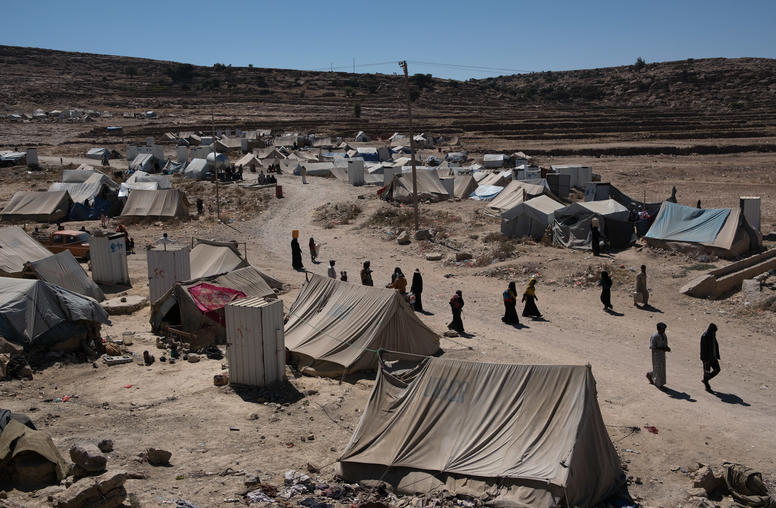
Beneath the Saudi-Iran Proxy War in Yemen, Part 2
The strategic clash between Saudi Arabia and Iran in Yemen masks multiple layers of conflict underneath that have deepened—and in some ways altered—the country’s fractures in local politics, society and security. The chaos has devastated Yemen, one of the world’s poorest countries, and has the potential to burst beyond the nation’s borders and further destabilize an already troubled region. It also allows the likes of the Islamic State (ISIS) and Al-Qaeda in the Arabian Peninsula (AQAP) to thrive.
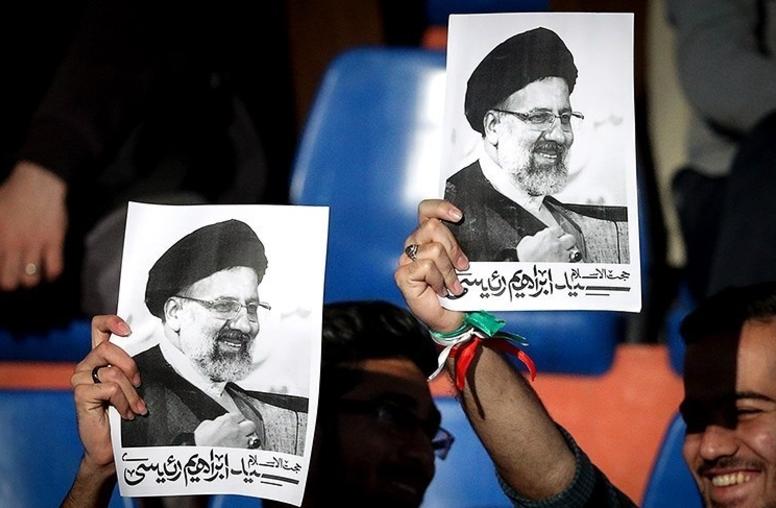
Q&A: Rouhani Faces Serious Test in Iran Election
Iranians head to the polls on May 19 to determine whether President Hassan Rouhani wins another four-year term, or is ousted or forced into a runoff by one of his challengers. The result has ramifications for relations with the U.S., as President Trump suggests a tougher line from Washington, and it will impact Iran’s actions in a Middle East roiled by wars in Syria, Iraq and Yemen. Rouhani has been more open to engaging with the West and improving relations with Iran’s Sunni neighbors in the Persian Gulf than his conservative critics.
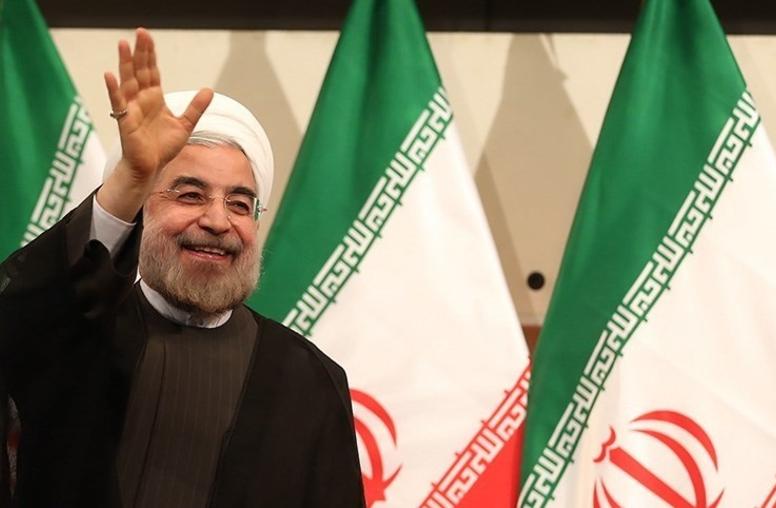
Rouhani’s Win in Iran May Not Ease Path on Promises
Iranian President Hassan Rouhani won a decisive victory for a second four-year term, with more than 41 million of 56.4 million eligible voters casting ballots, and 57 percent granting him their vote. But his platform of loosening political restrictions at home and greater engagement abroad will face challenges domestically and internationally.
At USIP, Baker Calls for American 'Determination' on Mideast Peace
Though there will be no breakthroughs on Middle East peace over the coming American election year, U.S. leaders will need to summon the “political will and determination” to again take up the vexing quest for an Arab-Israeli peace settlement when political conditions in the region allow, former Secretary of State James A. Baker, III, told a conference at USIP on November 2, 2011.
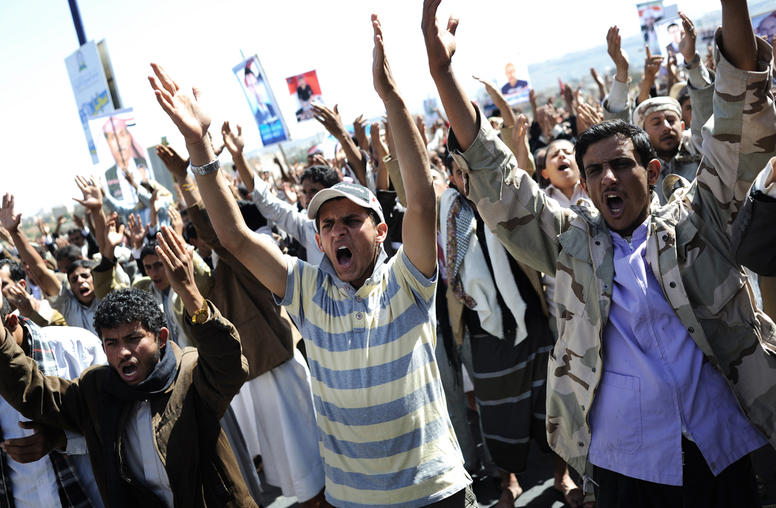
Global Change, Peacebuilding and USIP
USIP leaders explain the effect that events around the world and here at home will have on the U.S., and the contributions the Institute can and does make during a time of tremendous challenge – and opportunity.
Handling Conflict by Peaceful Means
USIP leaders explain the effect that events around the world and here at home will have on the U.S., and the contributions the Institute can and does make during a time of tremendous challenge – and opportunity.
Infighting Marks Lead Up to Iranian Elections
Next year’s parliamentary elections in Iran have intensified infighting among its conservative elites amid moves by the Islamic Republic’s supreme leader to tighten control of the political system, a panel of Iran specialists concluded at the United States Institute of Peace (USIP) on Nov. 18.
Media and Peacebuilding: Trends in 2011 and Looking Ahead to 2012
Sheldon Himelfarb, the director of USIP’s Center of Innovation: Media, Conflict, and Peacebuilding and the Center of Innovation: Science, Technology and Peacebuilding, discusses trends of 2011 and looks ahead to what’s in store for the new year regarding conflict and new media technology.
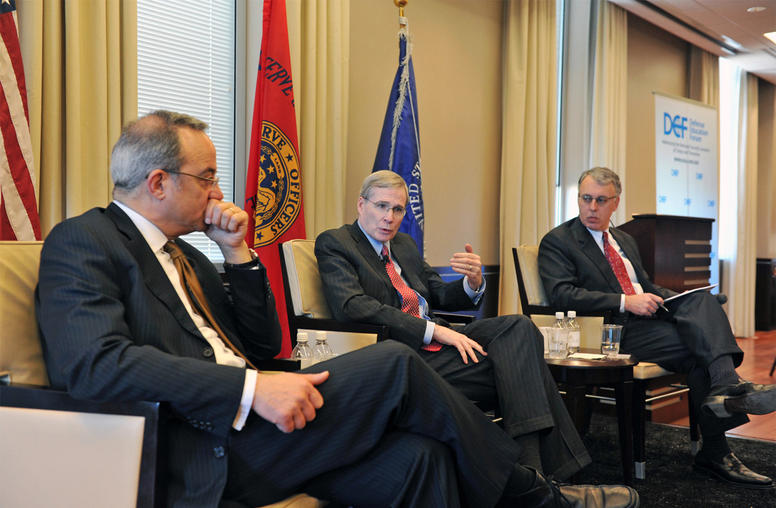
The Arab Awakening and its Aftermath: How to Shape the Path Ahead
USIP's Steven Heydemann moderates a discussion about the Arab Awakening with the Institute's Stephen Hadley and the Carnegie Endowment for International Peace's Marwan Muasher.